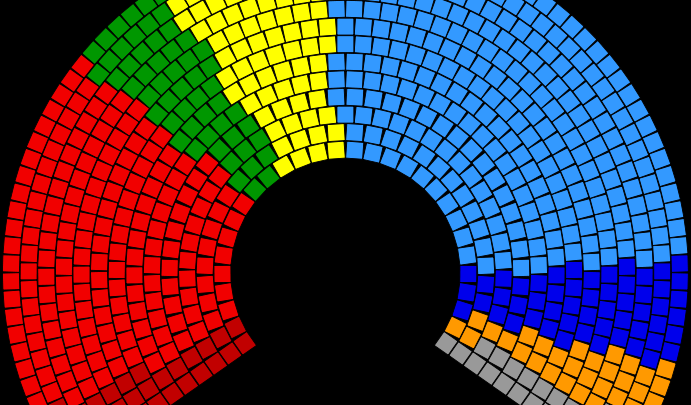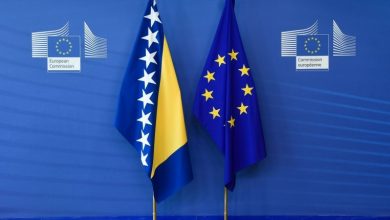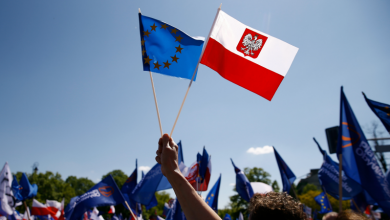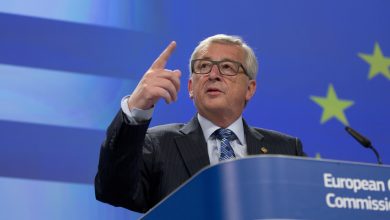The current EU party system makes no sense: we need pan-European parties

As European Federalists, we are called to celebrate the successes of the European Union, but at the same time, our duty is to highlight its evident flaws, to criticize the inconsistencies, to analyze what made them possible and to find solutions to improve the general health of our union.
Several well-known items make the list of internal flaws, and disagreement abounds on what one should include, be it the democratic deficit or the States’ reluctance towards a single and coherent foreign policy. However, one problem that ought to be cited more often is the way we elect our representatives to the European Parliament.
The party system of the European Union is still profoundly linked to the domestic affairs of its Member States. To put it simply, every time we have European elections, citizens are not going to choose among a set of pan-European parties, but among their own national parties, whose internally chosen representatives become deputies of the European Parliament. These politicians have therefore no interest in investing their political power for the betterment of the Union as a whole, but most of the time will only try to gain or maintain popularity among the voters of their own countries and constituencies. This represents a narrow geographical limit to accountability.
At least in name, “European parties” do exist (i.e The European People’s Party or the Party of European Socialists), but such parties are nothing more than confederations of national parties. Despite having common programs and shared political views, many are paralyzed by ideological and cultural differences within these formations, thus making their collective effort to reform and change European policies weak and ineffective.
These entities represent the different areas of the political spectrum, but as we know, Europe is multicultural and diverse, and what may be considered a social democratic party in Romania, would count as a party with strong conservative ideals in Western Europe.
To this regard, an interesting example comes to mind: on December 2016, legislative elections occurred in Romania. Around that time, the Facebook page of the Romanian Social Democratic Party featured a video. In said video, Gianni Pittella, President of the Socialist & Democrats group in the European Parliament, endorsed the party leader Liviu Dragnea in his bid for the presidency, wishing good luck to his “dear friend”, and suggesting Romanians to vote for him.
Even setting aside the fact that Dragnea has been convicted for electoral fraud, this is a clear example of the paradox created by the EU party system. The Romanian SPD is ideologically very far from any Western social democratic party: it is against abortion, same sex marriage, and immigration and it’s traditionally very close to the Romanian Orthodox church. Positions that are incompatible, for example, for the Swedish Socialdemokraterna.
Indeed, colleagues from the University of Bucharest even outlined the similarities between the Romanian PSD and the Republican Party from the USA. Yet, they’re in the same European political group as parties with radically different ideological platforms. Trying to shoehorn the often unique dynamics of national elections into a European party system, rather than embracing a separate, European-level system of representation, has led to these irreconcilable contradictions.
By endorsing such a party, detested by most of the youth vote in Romania, Pittella and the S&D group alienated those young Romanians who are interested in a truly progressive choice. A Romanian, or any other European citizen, should have the possibility to vote for any European candidate on a transnational list and hold them accountable for their work. As it is, voters are limited to pick from the spectrum in their own Member States, which relevance at the Union level is sketchy.
We should promote the creation of pan-european parties, completely independent from the national ones, parties whose candidates have a single, clear vision and are held accountable by every European citizen, not only by those with the same nationality. An interesting prototype of such parties can be found in Diem25, the pan-european movement created by the former Greek finance minister Yanis Varoufakis – should they manage to actually gain a foothold and organize, which at time of writing is still an open question.
We should not only push to overcome inter-European borders, but also internal political barriers.






No. Buzz off.
you first
Totally agreed!
Couldn’t agree more. We need to move towards a more unified Europe. The time has come to just get on with it piece by piece.